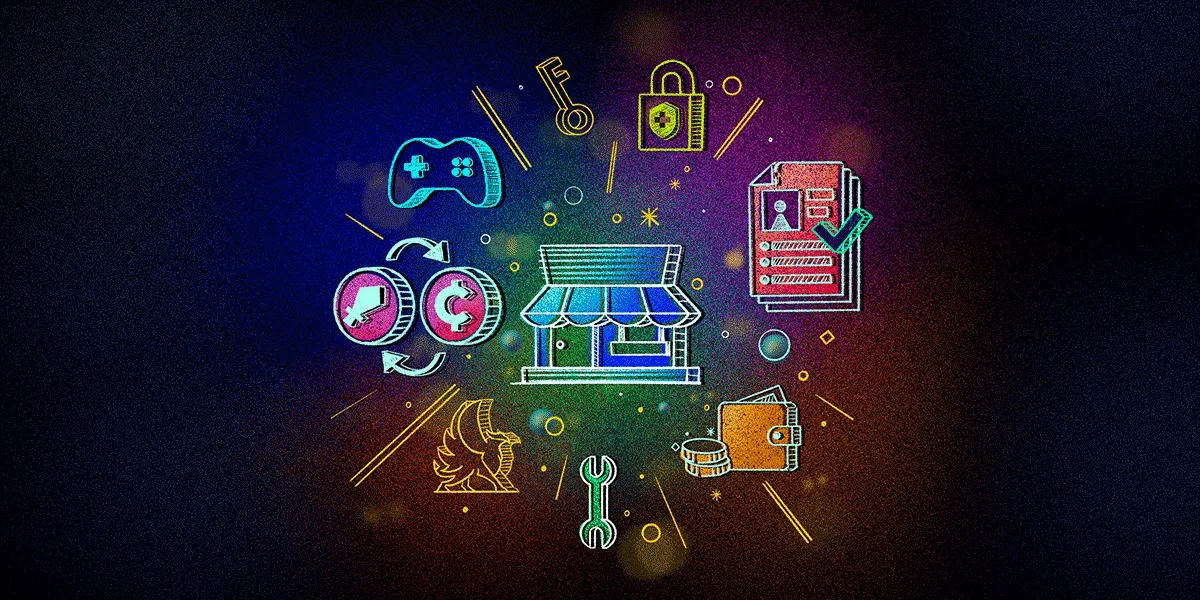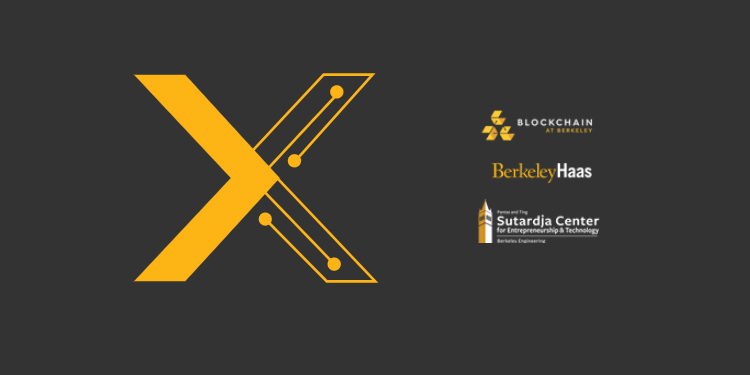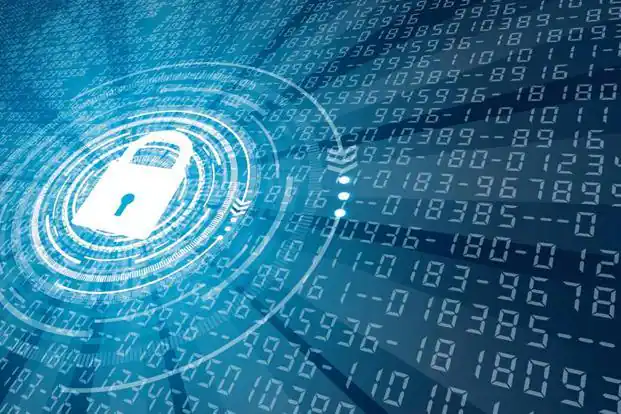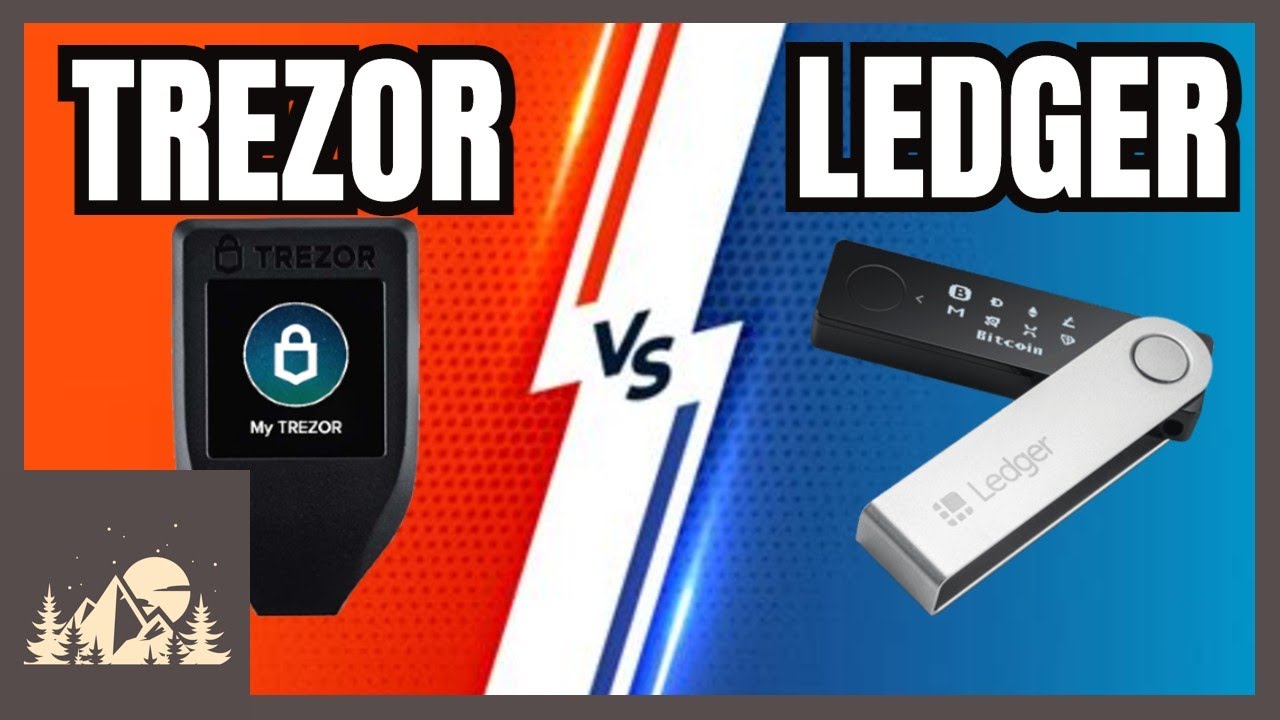The gaming industry is one of the largest and most rapidly growing industries in the Gaming World Without Blockchain. In 2023, the global gaming market is expected to generate over $200 billion in revenue. And as the industry continues to grow, so does the demand for new and innovative ways to play games.
One of the most exciting new technologies that is poised to revolutionize the gaming industry is blockchain. Blockchain is a distributed ledger technology that allows for secure, transparent, and tamper-proof transactions. This has a number of potential applications for the gaming industry, including:
- True digital asset ownership: Blockchain can be used to create and manage digital assets that are truly owned by players. This could include in-game items, characters, and even entire games.
- Decentralized gaming platforms: Blockchain can be used to create decentralized gaming platforms that are not controlled by any single entity. This would give players more control over their gaming experience and make it easier for new developers to enter the market.
- New gameplay mechanics: Blockchain can be used to create new and innovative gameplay mechanics that are not possible with traditional gaming platforms. For example, blockchain could be used to create games where players can own and trade their own in-game economies.
Vinetree Corp CEO’s vision for the future of gaming
Josua Kim CEO of Vinetree Corp interview, is one of the leading voices in the blockchain gaming space. Kim believes that blockchain has the potential to revolutionize the gaming industry and create a more equitable and transparent experience for players.
In a recent interview with Cointelegraph, Kim said, “Gamers won’t be able to imagine the gaming world without blockchain.” He went on to say that blockchain will “shake up the industry in terms of true digital asset ownership.”
Kim also believes that blockchain will make it easier for new developers to enter the gaming market. “Traditional commission rates charged by publishers to developers increase the hurdles of new games coming to market in a timely and cost-effective manner,” he said. “At Ludena Protocol, we want to encourage developers to bring their ideas to light by charging a significantly reduced commission fee, which we can only offer through the benefits of digital asset adoption.”
How blockchain is already changing the gaming industry
There are a number of blockchain gaming projects that are already underway. Some of the most notable examples include:
- Axie Infinity: Axie Infinity is a blockchain-based game where players can collect, breed, and battle creatures called Axies. The game has been incredibly successful and has generated over $2 billion in revenue to date.
- The Sandbox: The Sandbox is a metaverse where players can create their own games and experiences. The Sandbox is powered by blockchain and allows players to own and trade their creations.
- Decentraland: Decentraland is another metaverse that is powered by blockchain. Decentraland allows players to buy, sell, and rent land in the metaverse and build their own experiences.
These are just a few examples of how blockchain is already changing the gaming industry. As the technology continues to develop, we can expect to see even more innovative and exciting blockchain gaming projects emerge in the years to come.
Challenges and opportunities for blockchain gaming
While blockchain has the potential to revolutionize the gaming industry, there are still a number of challenges that need to be addressed before it can reach its full potential.
One of the biggest challenges is that blockchain gaming is still a relatively new concept. As a result, there is a lack of awareness and understanding of blockchain gaming among both gamers and developers.
Another challenge is that blockchain gaming platforms are often complex and difficult to use. This can make it difficult for new players and developers to get involved.
Despite these challenges, there are a number of opportunities for blockchain gaming. The global gaming market is massive and growing rapidly. And as the technology continues to develop, blockchain gaming is becoming more accessible and user-friendly.
Blockchain has the potential to revolutionize the gaming industry and create a more equitable and transparent experience for players. While there are still some challenges that need to be addressed, the future of blockchain gaming looks very bright.




